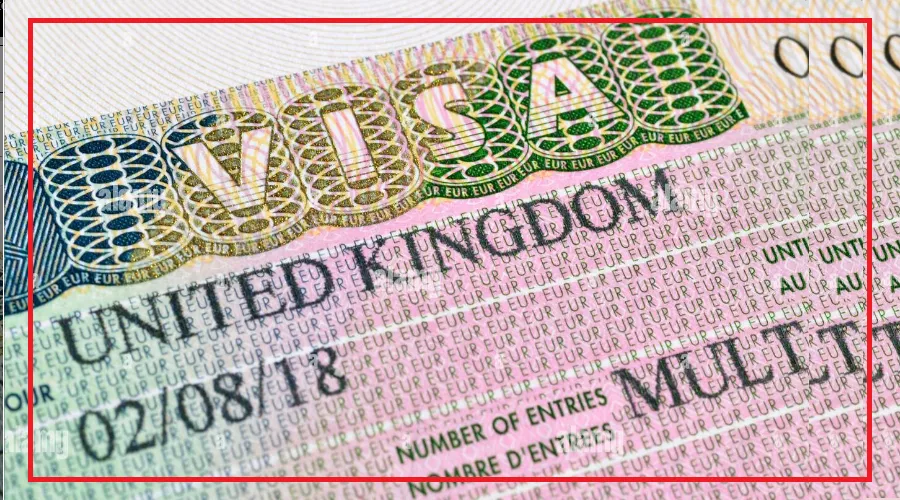The British government is starting the first phase of its new immigration reform on July 22, 2025, to tighten control over immigration.
This change is based on the white paper titled “Restoring Control Over the Immigration System”.
Under this reform, the number of jobs that allow foreign workers will be reduced, and hiring foreign care workers will be banned.
These new rules will impact both job seekers and students planning to go to the UK.
While the immigration laws themselves aren’t being changed, the rules are becoming stricter, making it harder for international workers and students to get jobs, study, or settle permanently in the UK.
Key Changes in Immigration Rules
Skilled Worker Occupation List Reduced:
Companies will no longer be allowed to sponsor foreign workers for medium-skilled jobs (RQF levels 3–5), except for jobs that are exempted by the Migration Advisory Committee. This rule will stay in effect until the end of 2026.
Ban on Hiring Foreign Care Workers:
Companies cannot hire foreign care workers through the Skilled Worker visa route anymore. However, those who received sponsorship before July 22, 2025, will not be affected.
Stricter Student Visa Rules:
Universities will have to follow tighter compliance rules to keep their licence for sponsoring foreign students. Institutions breaking these rules will face action.
Possible Fee on Foreign Students:
The government is considering imposing a fee on universities for income earned from international students’ tuition fees. This proposal still needs Parliament’s approval.
Graduate Work Visa Shortened:
The post-study work visa for students with a UK master’s degree will be reduced from 2 years to 18 months.
Higher English Language Requirements:
The UK Home Office plans to introduce stricter English standards, including for dependents of work visa holders. These changes are expected by the end of the year.
Permanent Residency (PR) to Take Longer
Currently, people can apply for Permanent Residency (Indefinite Leave to Remain – ILR) after staying in the UK continuously for five years. The government is planning to increase this period to 10 years. However, this change is still under review and will not be implemented immediately.
























